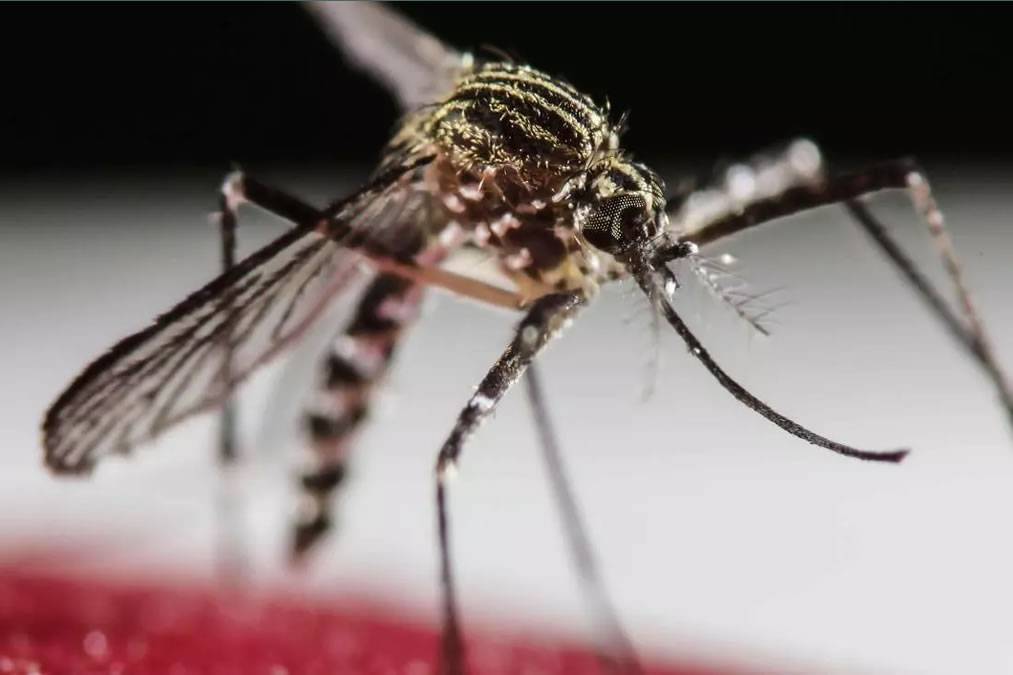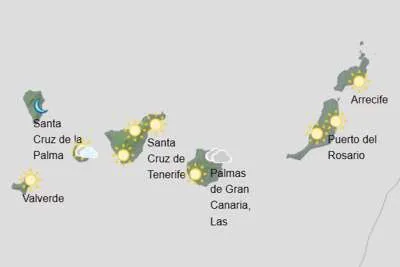New 'Aedes' Mosquito species detected at Tenerife South Airport
- 30-12-2023
- Tenerife
- Ministry of Health
- Photo Credit: Efe
The Ministry of Health, through the General Directorate of Public Health, has announced that they have activated the protocol outlined in the Entomological Surveillance System of the islands in response to the identification of an adult specimen of the Aedes albopictus species in one of the traps installed at Tenerife South Airport.
According to a statement from the Health Department, this is the first detection of invasive mosquitoes associated with air traffic in the Canary Islands. The specific location of the captured specimen suggests a potential link to the transit of passengers' luggage from high-risk areas where the mosquito is native.
Following the confirmation through genomic sequencing of the specimen yesterday morning (Friday), the Entomological Surveillance Committee of the Canary Islands has outlined the necessary actions in accordance with the protocol. This involves the General Directorate of Public Health and the University Institute of Tropical Diseases and Public Health of the University of La Laguna, as well as AENA (the Spanish airport authority) and the Municipality of Granadilla de Abona, where the airport is located.
Where were the first ones found?
It is worth recalling that the first detection of adult specimens and larvae of Aedes albopictus in the Canary Islands occurred in September of last year in the municipality of Tacoronte in the north of Tenerife. Just afterwards it was found in a residential area of Santa Cruz de Tenerife. Following the activation of the surveillance system and control measures, seven weeks have passed without findings of this species in the region.
The Aedes albopictus is a black mosquito with stripes, smaller than the common mosquitoes in the archipelago, and is frequently found in urban environments. It has adapted to reproduce in small water points created by humans. In other geographic areas, it serves as a vector for viral diseases, which are not endemic to the Canary Islands.
This mosquito typically bites during the day rather than at night, and its bite induces a strong inflammatory reaction accompanied by intense itching. It moves close to the ground with agility and does not produce any buzzing sound. Only female mosquitoes bite, as they require a blood meal for reproduction.
"It is important to note that no mosquito bites have been reported, and the presence of the mosquito does not imply the transmission of diseases such as dengue, Zika, yellow fever, or chikungunya, as these are not present in our territory, except for sporadic imported cases," concludes the Health Department statement.


























































